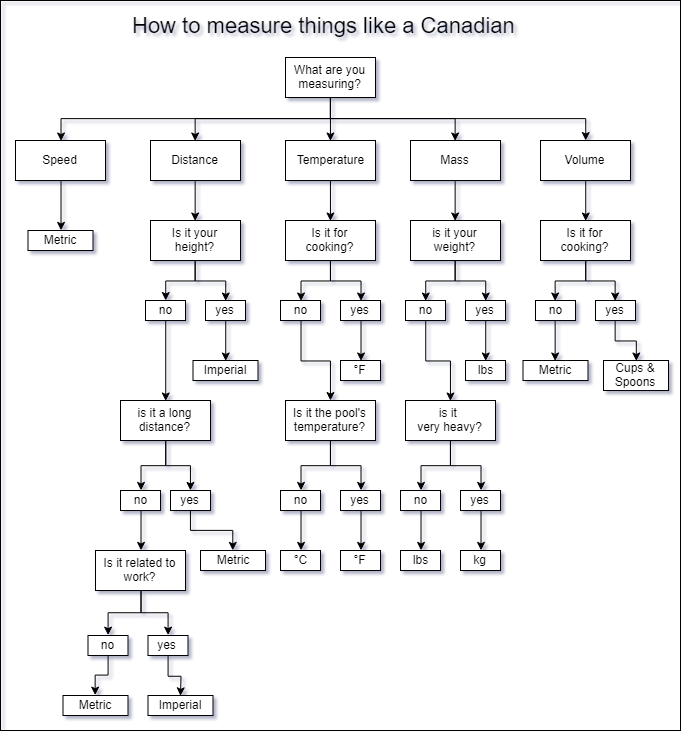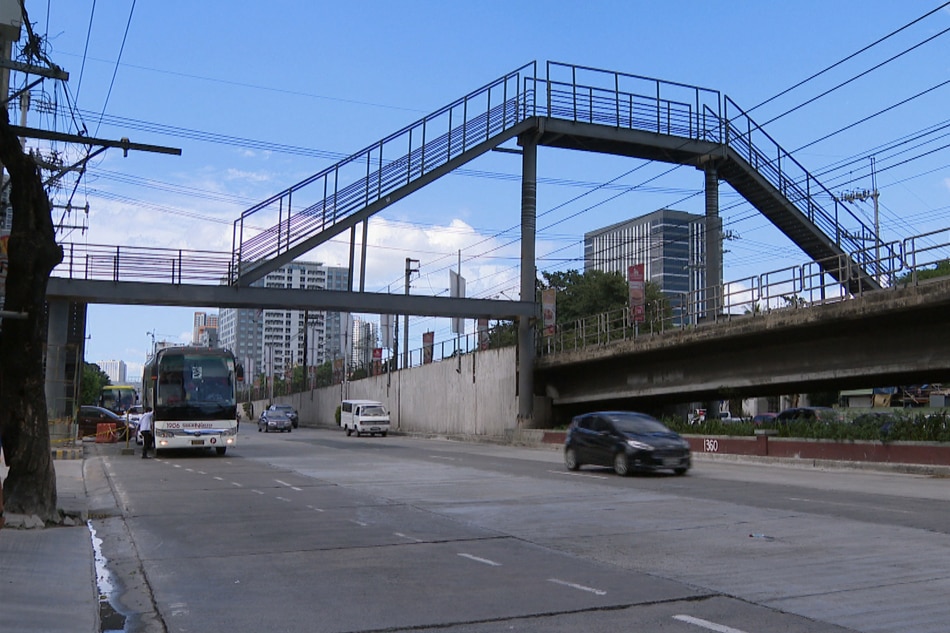
Little things by CJ Q. '23
that remind me im not home
I’m from the Philippines. There are big things that are different from home, like the weird practice of tipping, or how there’s functional public transport, or how high school works. Oddly enough, noticing these isn’t what makes me feel like I’m not in the Philippines anymore.
Because, you know, American food? Something I’ve seen in the movies. The way your breath fogs up with you breathe out? Cool, but only the first time. The leaves changing color? Happens too quickly. Really, so much of the big stuff I’ve already seen or heard of through the American films and shows I’ve watched since birth, and that media consumption played a big part in reducing my initial culture shock.
But sometimes I trip, and something reminds me that I’m not in the Philippines anymore. Often, it’s the little things that get me. I asked a bunch of other international-student-friends for suggestions, and I’m too lazy to format this in any coherent way, so here’s a list of things that are different in the US. 01 <em>18 Things All International Students Can Relate To! You won’t believe number 12!</em>
- Back at home, we use spoons and forks for everything. Eating stuff with knives? If your meat wasn’t soft enough that you could slice it with a spoon and fork, you’re cooking wrong. And who eats rice with forks? How are you going to scoop it into your mouth? The default of forks and knives very quickly frustrated me, so I started bringing a reusable set of utensils everywhere.
- The concept of layers is foreign to me. Back at home, if I wasn’t wearing my school uniform, I was wearing a shirt and shorts or pants. All the time, unless I was going to a formal. I would almost never wear jackets, and when I did, it would be to keep the rain out.
Apparently people don’t just wear a really warm jacket, but multiple layers of clothing in order to keep warm. I’m sure those of you who’ve been to a place with an actual winter are scoffing at me right now, but cut me some slack.
- And coat racks! Now I understand why these exist, because you take off clothing layers when indoors. Okay. Sure. Cool.
- Back at home, we didn’t use toilet paper, but a bidet. No, not a bidet sink, but a bidet shower, which is like a hand-controlled shower head that delivers a spray of water.
photo: Sv7n, from wikipedia commons, cc by 3
Using toilet paper is just weird to me. Also, flushing toilet paper is also weird—back at home, if you chose to use toilet paper rather than a bidet, you threw it away in a separate bin.
- Tap water in Cambridge is potable. That’s insane. Every time I drink water from the tap, I can still hear my parents whispering faintly in my ear, warning me not to drink the tap water because it’s dirty.
- I’ve paid mostly using cards, and I don’t carry that much money around. Probably because there’s a larger proportion of places here that accept cards than back at home, where lots of small businesses don’t accept cards. And even of the places that do, often, getting a card to work takes effort. It’s weird not having the tangible sensation of spending money. I’m not sure how that’s affected my spending habits.
- Units. Oh goodness don’t get me started on how atrocious the units of measurement are here. The only reason I can withstand it all is because, through some unfortunate decisions, the Philippines also uses this weird conglomerate of metric and imperial units.
Measuring speed? Kilometers per hour. Mass? If it’s a baby’s weight, ounces; otherwise, kilograms. Distance? The depth of a pool is measured in feet. If it’s your height, feet and inches.02 unless you’re in a hospital, in which case, centimeters If you’re travelling, kilometers. Yards for textiles, inches for body measurements, inches for TVs and paintings and beds. The most common letter size is US Letter rather than A4, but everyone uses Celsius.

i forget who first shared this to me but the philippine sitaution isnt that different
While I’m totally fine with some imperial units, like inches or feet or pounds, it’s the rest that make no sense to me. Miles are bad. Yards are worse. And Fahrenheit is the worst. It is the infernal scum of a unit that somehow deemed itself usable enough to have perpetuated to an entire country. I’m surprised it hasn’t been exterminated with the glory that is Celsius. 03 I HAVE VERY STRONG FEELINGS ABOUT THIS TRIVIAL MATTER. Thanks.
- My parents never got insurance, and neither did any of my friends’ parents back at home, it seems. I mean, I knew insurance was an American Thing; it was in the movies and people talked about paying for it. And I knew that apparently if you break things then you get “insurance money”? Well, I have health insurance now, and I know what it is, I guess.
- People introduce themselves as coming from states, and not provinces. Back at home, people would say things like, oh, I’m from Ilocos Norte, or my family’s from Zamboanga. But three New York Cities would be larger than either of these provinces.
I feel it gives less information when someone tells you they’re from South Dakota rather than Negros Oriental. But come to think of it, I can’t really distinguish much between Philippine provinces myself, other than the information I would get from knowing their general area. Oops?
- When the temperature gets subzero,04 Celsius, of course tiny bits of ice form on the sidewalk. I mean, ice! On the sidewalk! I later asked a friend if my snot would freeze over if I stayed outside long enough, and was disappointed to find out that it doesn’t. Not that I would want that to happen to me.
- Crossing roads. Back at home, if you’re on one side of a major intersection and had to get to the other, you went on an overpass. A footbridge. Pedestrian bridge? Whatever they’re called.

a particularly egregious example, photo abs-cbn
They’re not usually as high as the one in the picture—often it’s around twenty steps up, a straight line all the way to the other side, then twenty steps down. It does mean that you can cross the road anytime you want to, without having to wait for a traffic light, but they aren’t really that accessible.
Also, if you wait by the side of the road on the pedestrian crossing without a stoplight, cars will wait for you to cross. They like, stop in front of the crossing, smile at you, even wave. Back at home, you had to wait for a natural break in the traffic before you step on a crossing. If you tried to pull off the “cross because the cars are far away and they’ll stop for you”, you’re gonna get hit.
- Culture-wise, small talk is something I haven’t quite gotten the hang of. My impression of small talk was that people talked about the weather. Or uh, talking to strangers. Like how I was in the bus stop the other day, and someone asked me if there was a next bus coming, and we talked about the bus’s sporadic schedule. Or even how English doesn’t really have a formal register, so people tend to be pretty informal with superiors, at least compared to back at home.
- There’s a concept called tingi, which is buying and selling goods in really small amounts. People buy oil buy the cupful, or cigarettes by the stick, packets of powdered coffee enough for a cup, single-use seasoning packs, or shampoo sachets, or sugar, or detergent. Buying in bulk is just something that a lot of people don’t do, and often just isn’t an option with a lot of stores.Here, I get almost everything in bulk. Having to buy goods in bulk takes a different mindset, especially when planning around storage and spoilage. I like it more, but sometimes I wish I could just drop by a sari-sari store by the corner and get a pack of instant ramen.
- Holidays, though this one’s probably more from the fact I come from the Philippines than from the fact that US holidays are weird. But yes, the fact that people are leaving MIT for Thanksgiving break makes me conscious that I don’t really celebrate Thanksgiving, nor could I just come home for break, because flights home are expensive.
But holidays at home are different too. In the Philippines, you see, Christmas begins in September, and lasts until January, probably because we don’t really have any other holidays to tide us over during the interim. Really, the way Filipinos celebrate Christmas is just different. Maybe the simplest way to explain would be to just let you listen to Reese Lansangan’s No Snow, one of my favorite songs.
- Purchasing power. If I convert things to Philippine Pesos before buying anything, I would not buy anything, period. Things are just so much more expensive here. Even if I adjust for that, by considering how much I’m paid for hour, say, food is just so much more expensive relative to other goods. After a while, I think I’ve gotten a good sense of how much things should cost, but I still get surprises from time to time.
- Is it just me or do none of my friends use Twitter?
- Sunrises, sunsets, and daylight savings time. Coming from a place where the sun rose and set at around 5:30 AM and 5:30 PM, every single day, it’s weird that we have to literally shift clocks in order to get sunrises and sunsets at better times.
- Online shopping is just so much easier here. Back at home, if you bought something from an online store, you’d expect to receive it in a week or two. Here, I can get it delivered in two or three days. It’s also way less sketchy, and delivery prices are so much lower, that it’s way more practical to shop online.
Yeah, that’s it. Imagine I have a conclusion here. I promise my next post won’t be a list. 05 Okay, I can’t promise that.
- 18 Things All International Students Can Relate To! You won’t believe number 12! back to text ↑
- unless you’re in a hospital, in which case, centimeters back to text ↑
- I HAVE VERY STRONG FEELINGS ABOUT THIS TRIVIAL MATTER. back to text ↑
- Celsius, of course back to text ↑
- Okay, I can’t promise that. back to text ↑
